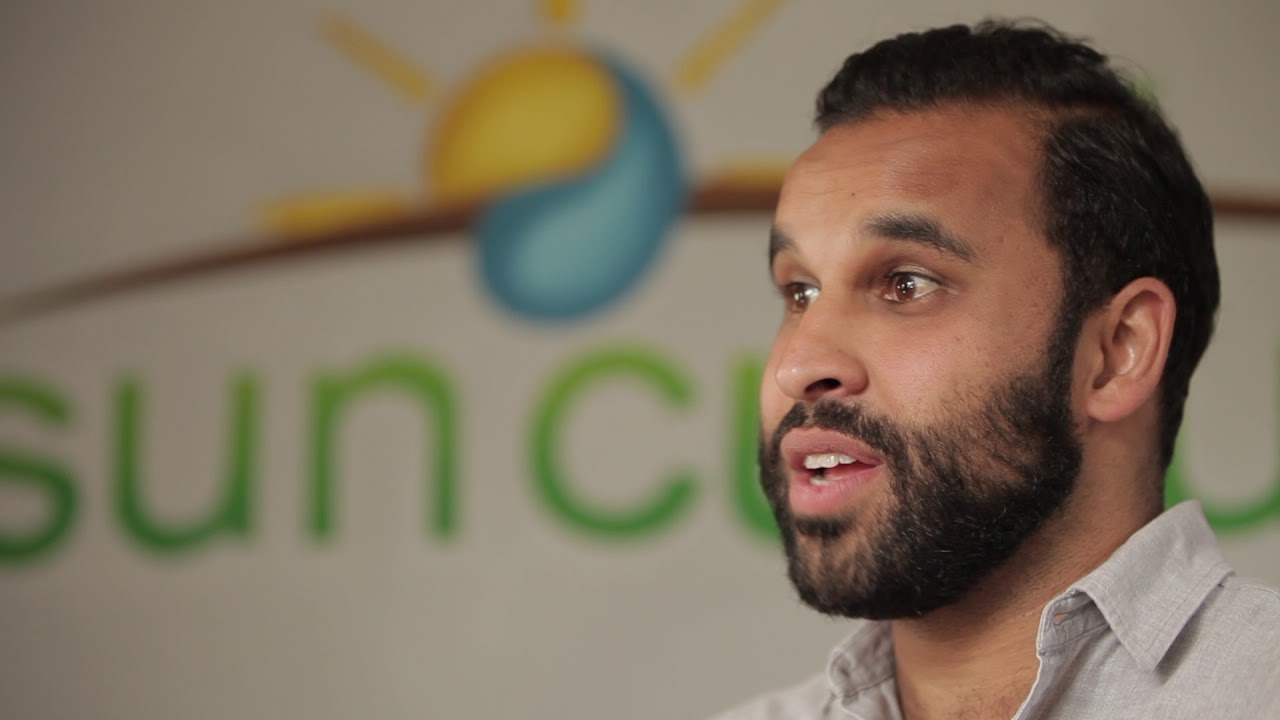SunCulture CEO Samir Ibrahim saves an estimated 2 billion liters of water each year, and cuts water costs by 80% in Kenya. His company sells irrigation systems that reduce water waste to Kenyan farmers. This allows for a five- to ten-fold increase in income for the famers that SunCulture works with.
The company’s philosophy goes beyond providing technology. Instead, Ibrahim focuses on establishing a relationship with farmers. He explains that SunCulture’s goal is to become a “one stop shop” for farmers’ needs. To achieve his goals, Ibrahim uprooted himself from New York and moved to Kenya to run SunCulture as founder and CEO.
How Samir Ibrahim Saves Water
Kenya has a high percentage of arable land, and agriculture accounts for 70% of Kenya’s employment. Yet the country suffers from lack of irrigation. Most farmers have only limited access to efficient and low-cost hydro-technology.
To remedy this, Ibrahim’s SunCulture combines the “cost efficiency of solar power with the labor efficiency of drip irrigation.” Its technology uses solar power to pump water into an elevated tank, which then is delivered directly to crop roots. The company also provides “interconnected weather stations and soil sensors to better give recommendations to farmers.”
This personalized approach offers site-specific customized data to best fit each farmer’s needs. In starting SunCulture, Ibrahim quickly learned how efficiency and quality start with clients. “We’ve been the first in a lot of things,” he says. “[Starting SunCulture] has helped me cut through rubbish faster, because my decisions impact people.”
From Finance in Manhattan to Agriculture in Kenya
Before SunCulture, Ibrahim studied finance at NYU. During college, he travelled extensively, visiting Shanghai, India, Peru, and Argentina. He also studied abroad in China.
But launching a new business in an unfamiliar country meant taking a real leap of faith. “We were naïve and overly confident, which is good,” admits Ibrahim about SunCulture’s inception. “When you start a business you’ve never done before, in a sector you didn’t know before, in a country, continent you have never been before, employing hundreds of people, it really puts a mirror in front of you,” he explains.
Ibrahim set out to apply a philosophy of entrepreneurial for-profit solutions rather than charitable aid. The insights he has gained in the process are more than commercial. “I have learnt about being human,” he says simply.
Samir Ibrahim Tells Stories in Ink
As he travels the world, Ibrahim stays in touch with his roots via the literal ink on his arms. His family history can be read physically in the form of his many tattoos.
Ibrahim reveals that one tattoo on his arm can be read in one direction as Tazim, his mother’s name, and in the other as Alkrim, his father’s name. On his shoulder is an Arabic prayer verse that reads: “He will be your helper in all calamities.” It honors his late mother “as a sort of angel on my shoulder.” Another tattoo reflects the coordinates at the tip of Zanzibar, where his great-great-great grandfather landed in 1850.
In business and in his life, Ibrahim sees self-awareness as a great strength. “I find that I want to become an expert in learning about myself, and I feel that’s where my purpose is,” he explains. “It’s about really knowing who I am and then sharing it with the rest of the world.”



